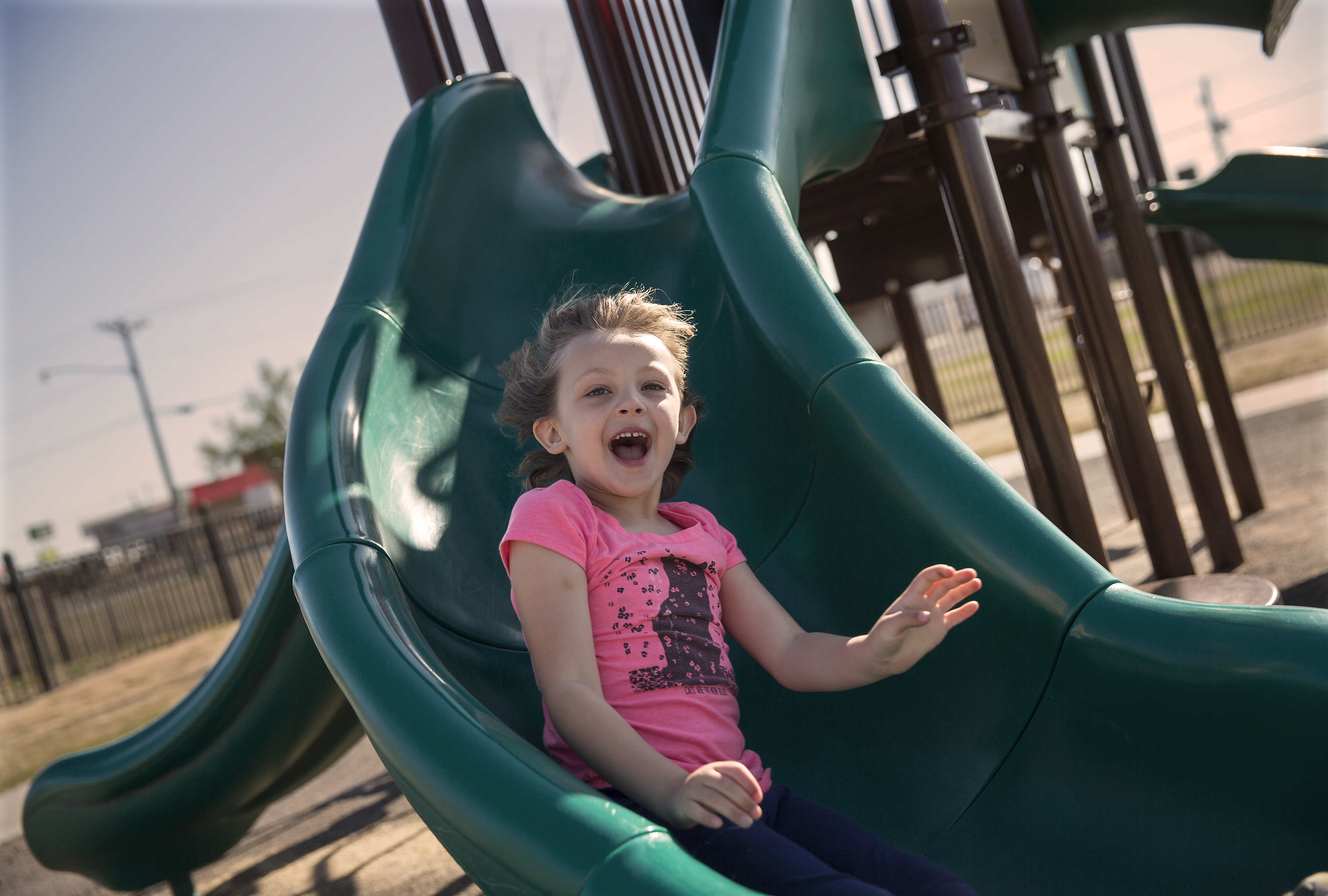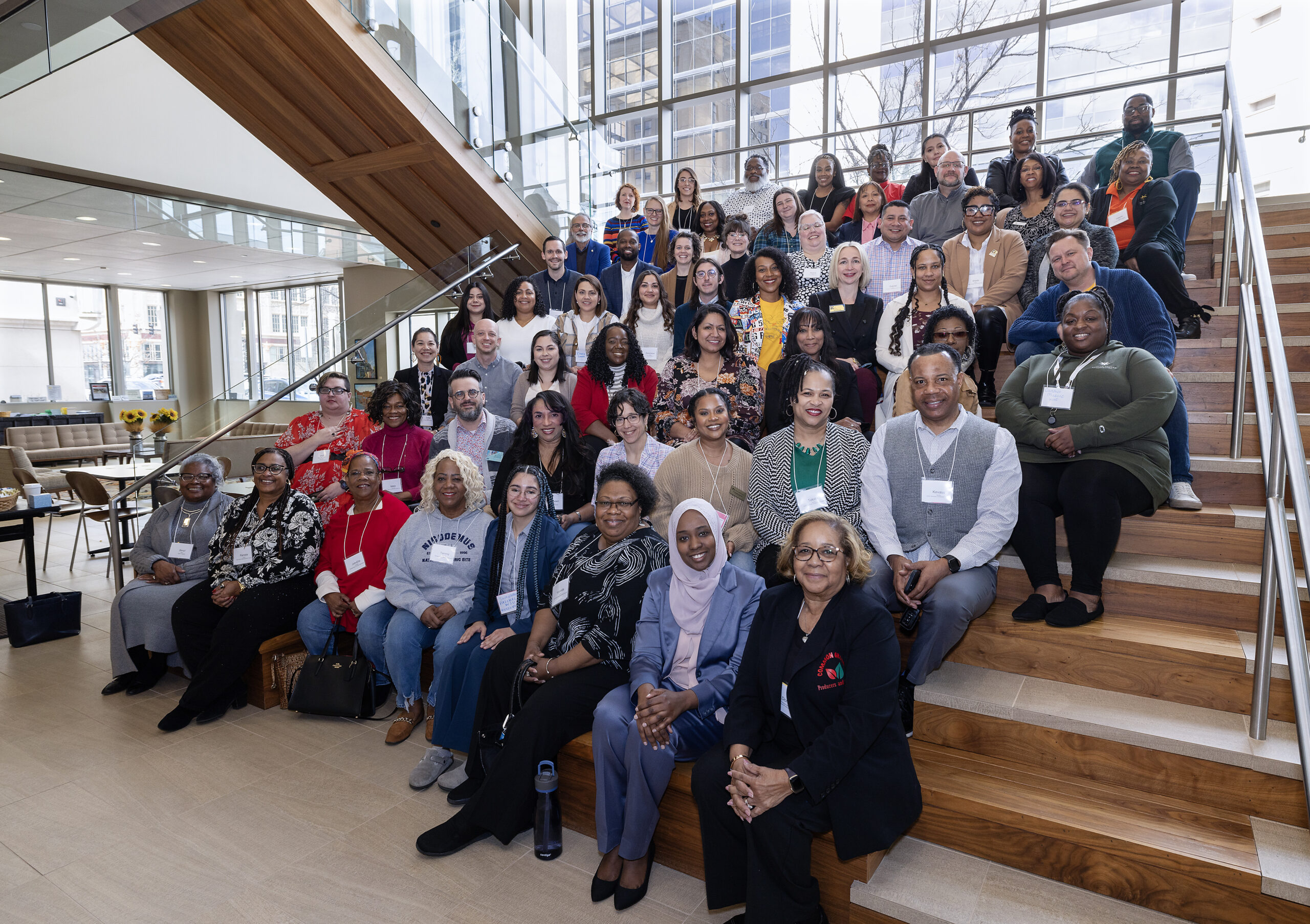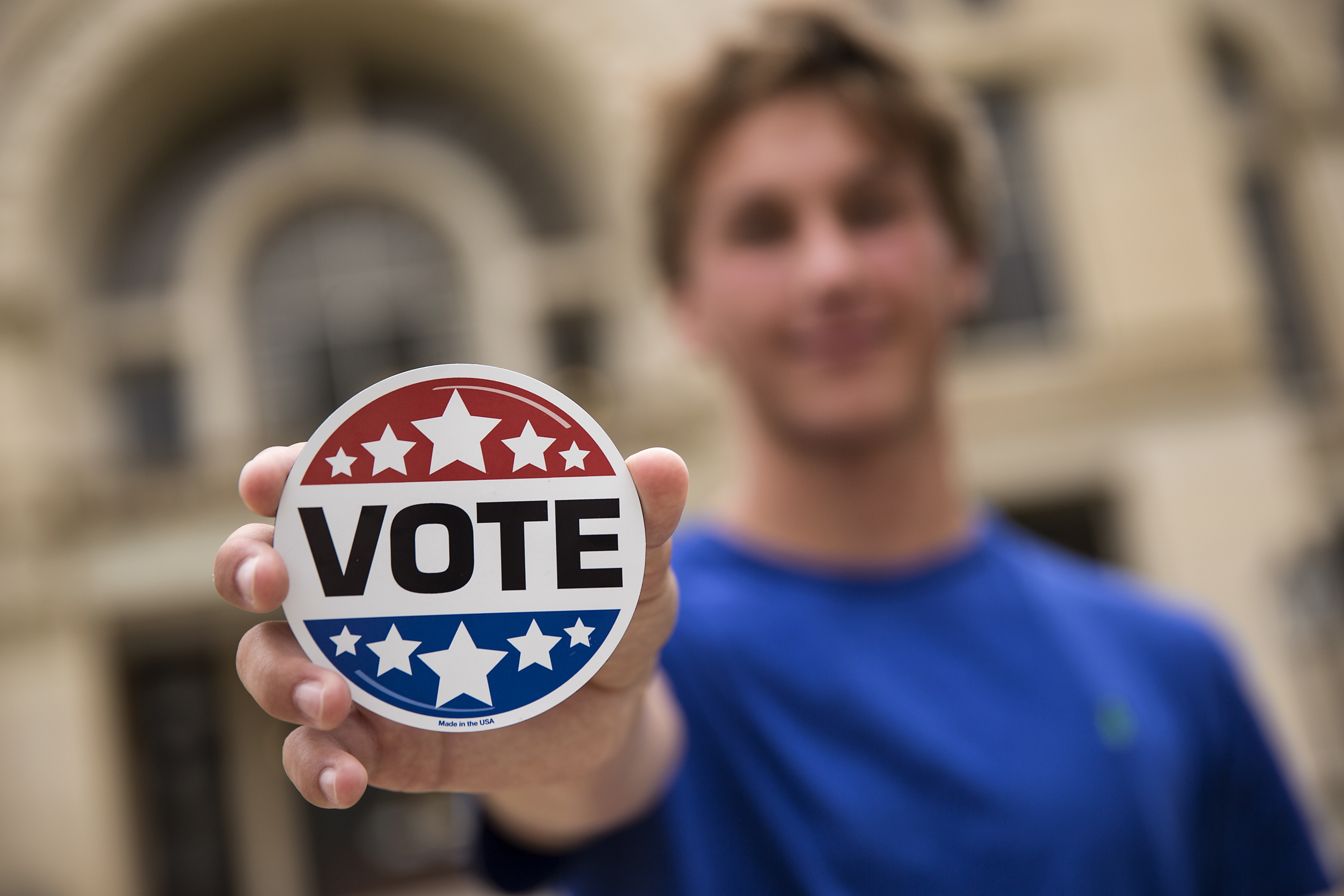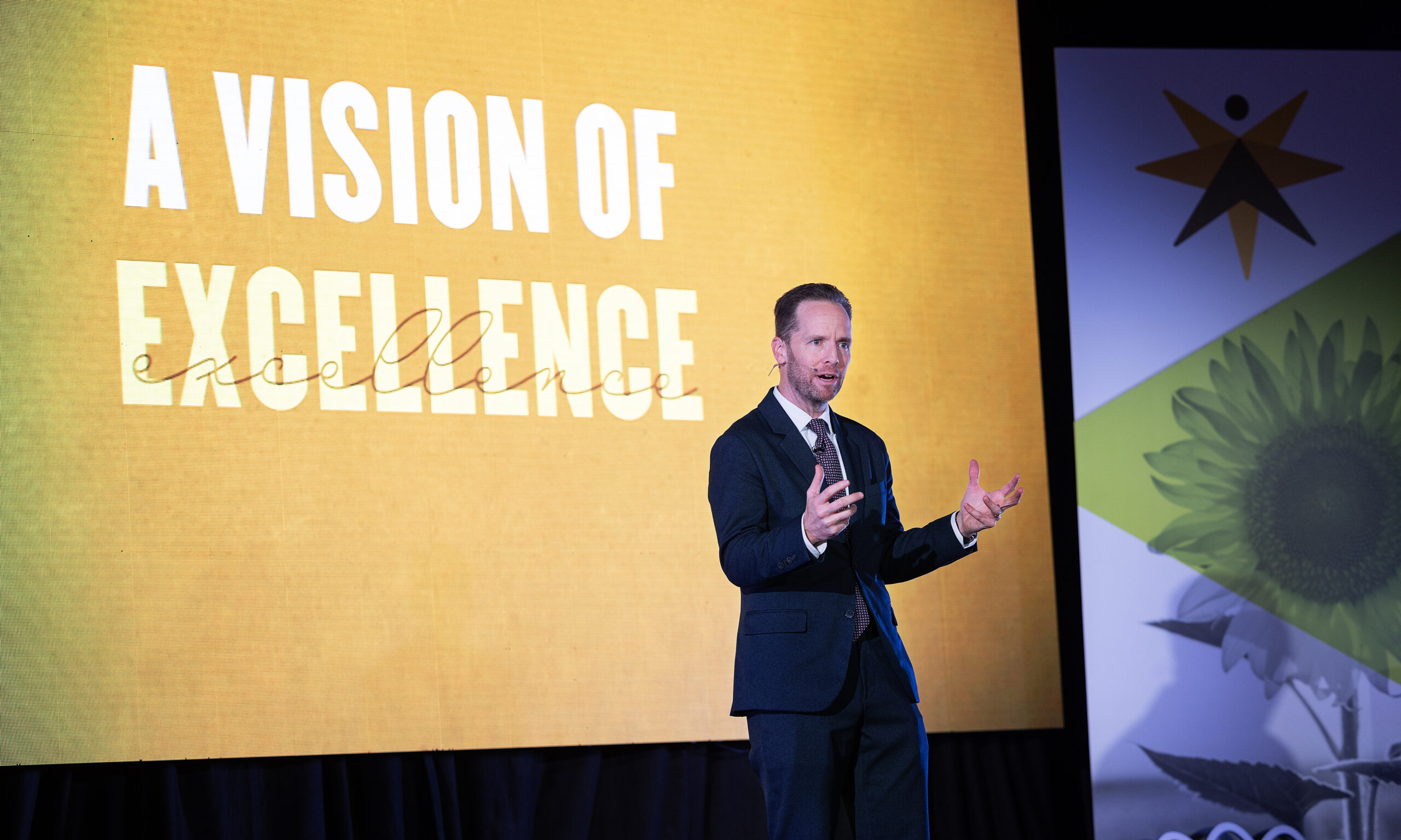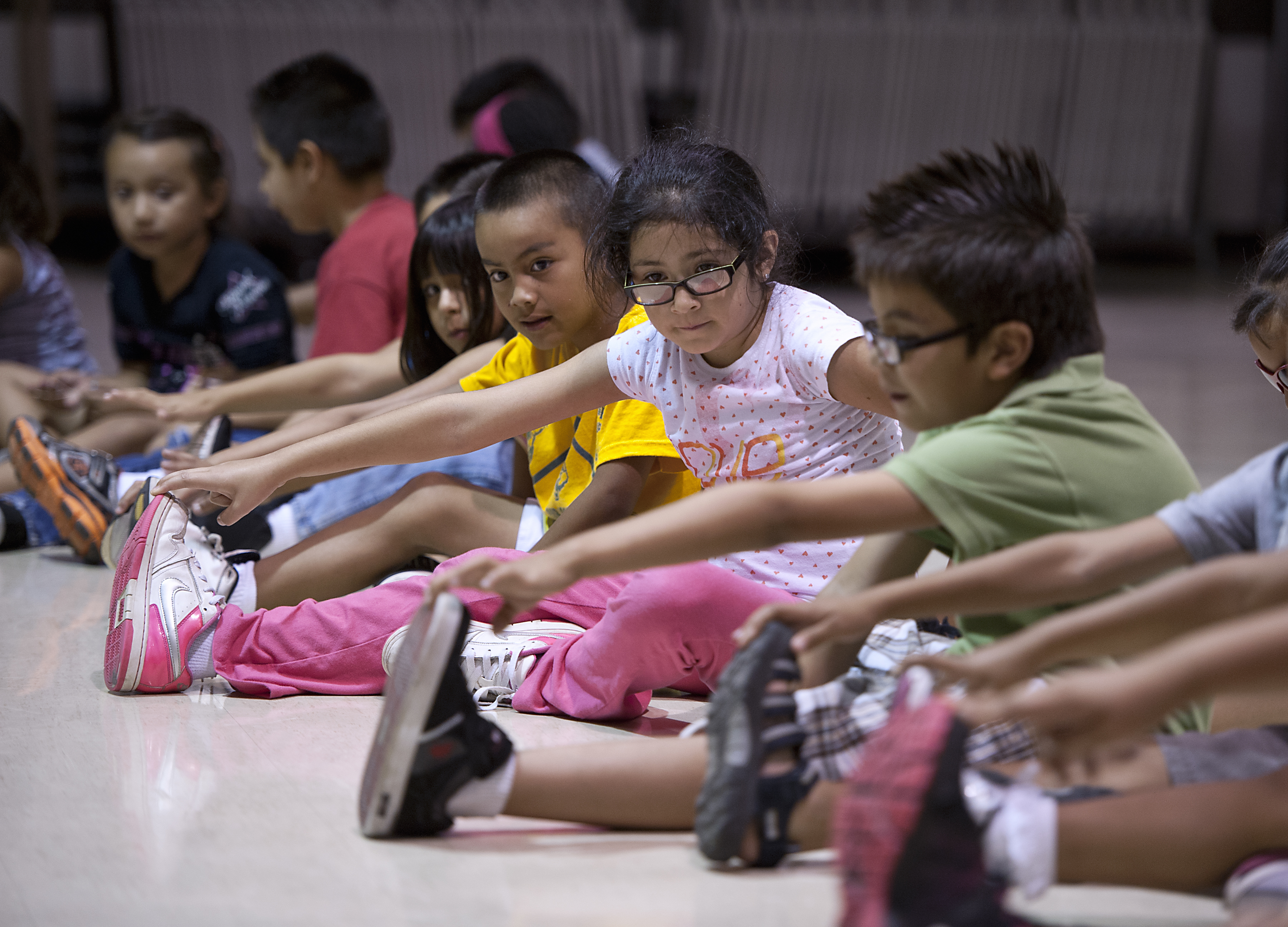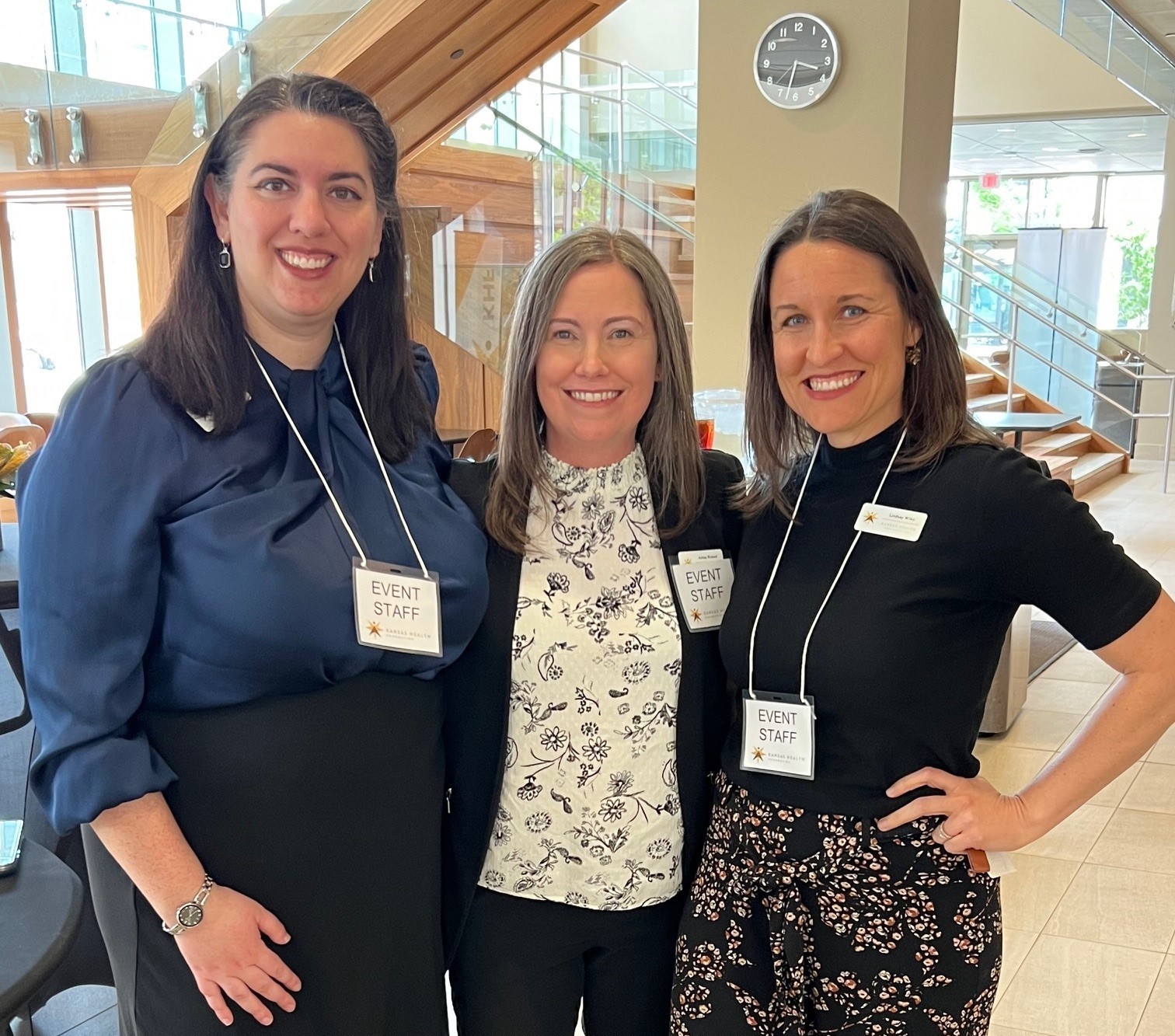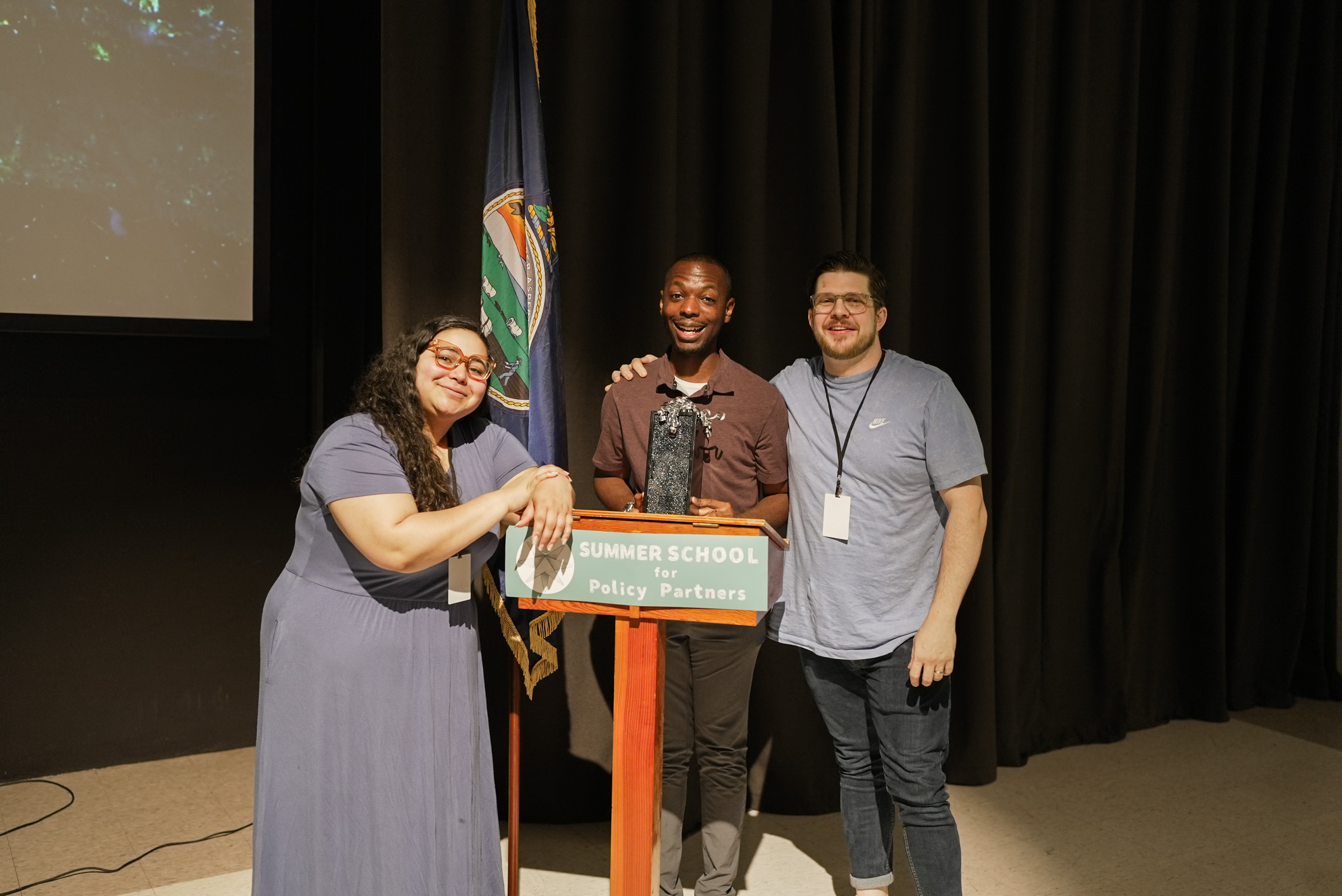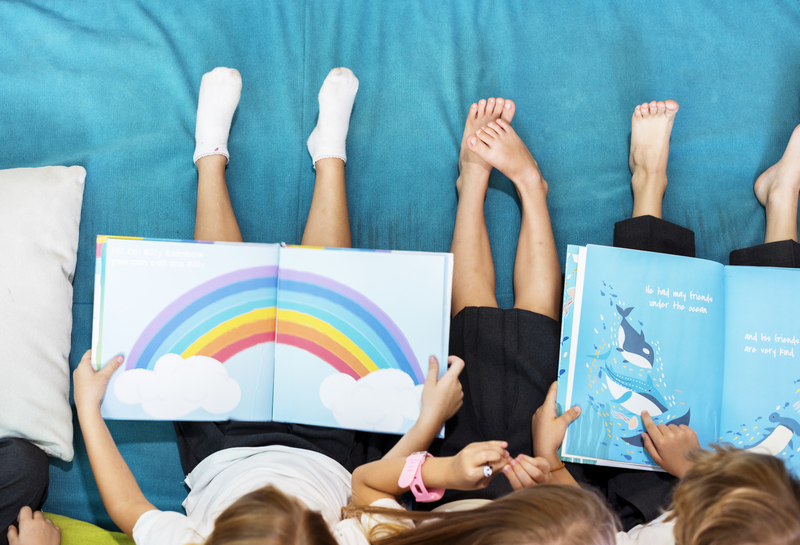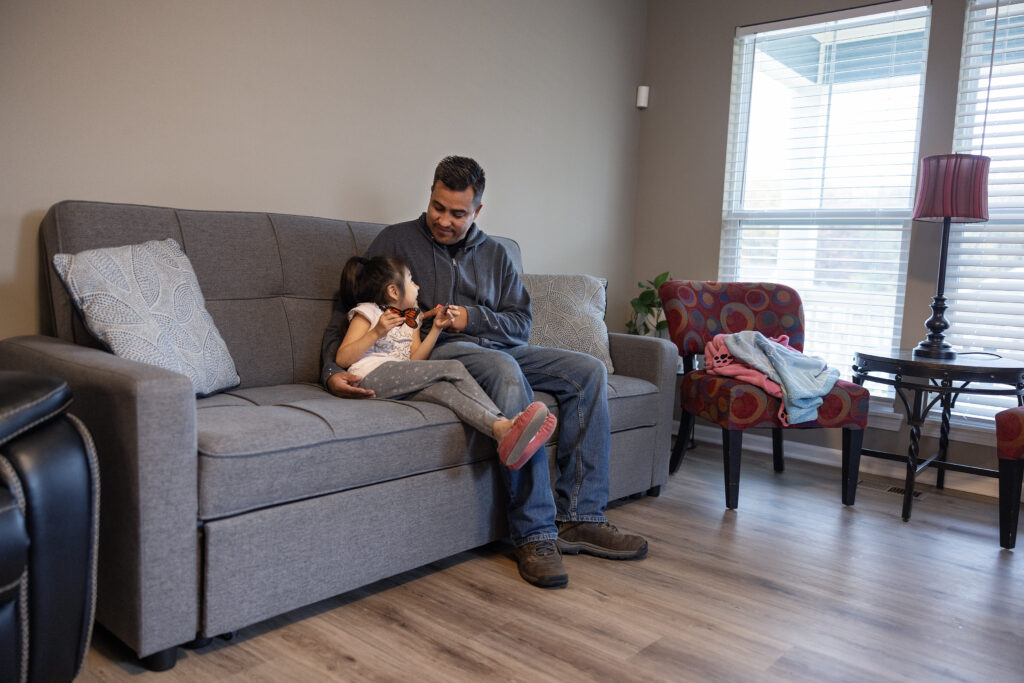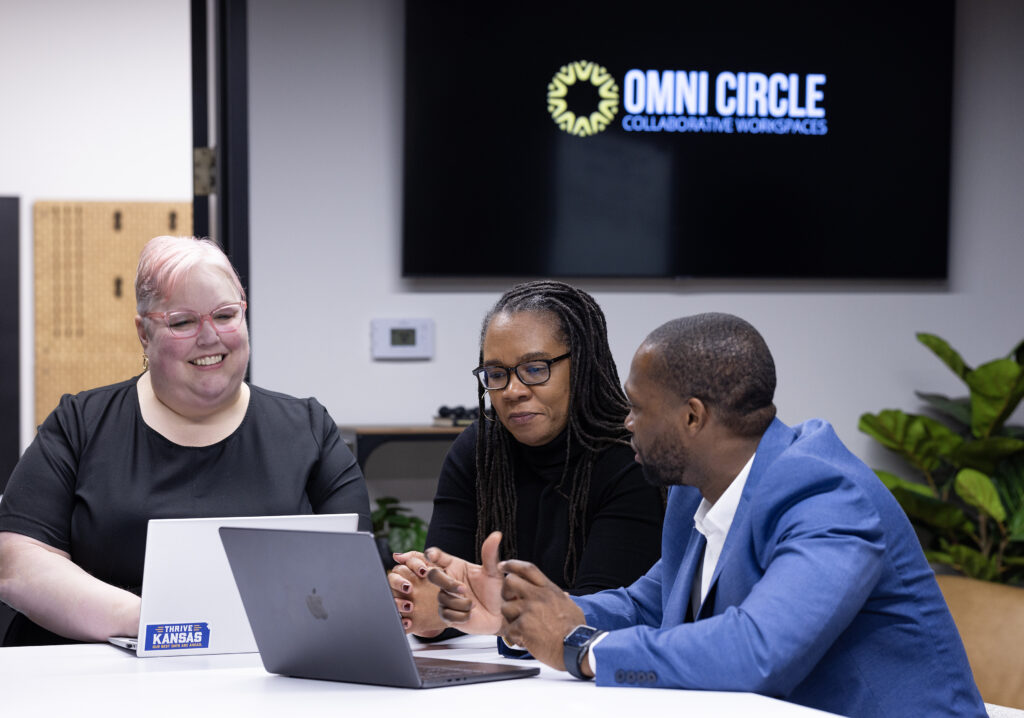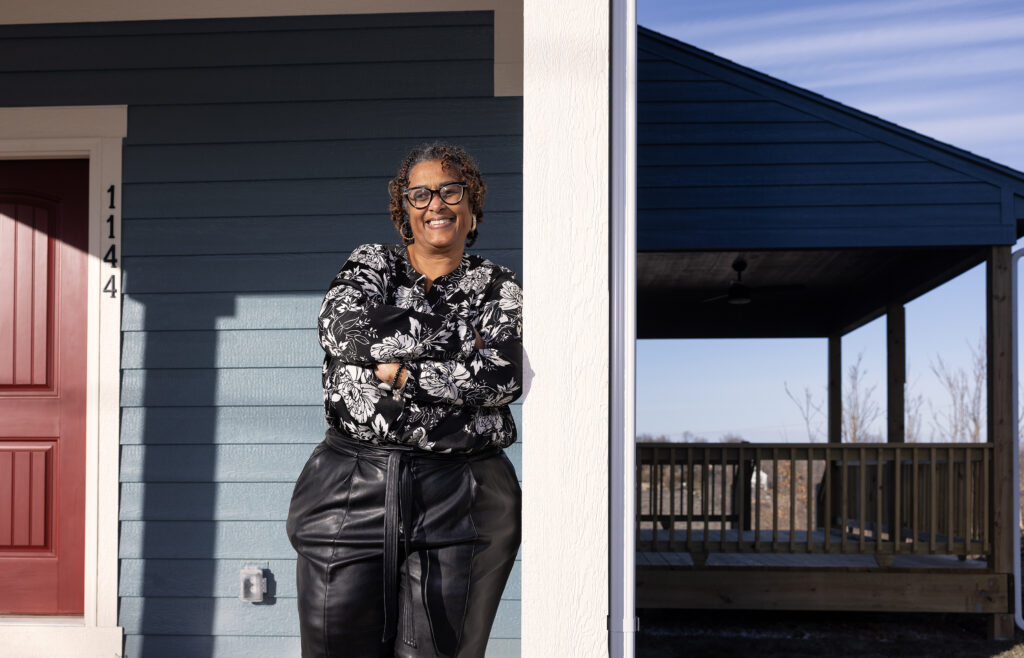
Literacy, the ability to read and write, is easily one of the most important skills anyone can have. It is tied to everything we do in our daily lives.
Research indicates individuals with more education live longer, healthier lives than those with fewer years of schooling. The relationship between education and health is not only tied to income, but also to the skills and opportunities that allow people to lead healthy lives.
“It all starts with the ability to read,” said Steve Coen, Kansas Health Foundation president and CEO. “For these reasons, we’re focusing efforts around ‘educational attainment,’ and are taking a hard look at how the best literacy policies and practices around the country might benefit Kansas students.”
Kari Bruffett, Kansas Health Institute director of policy, said there’s a strong correlation between education and health outcomes in both Kansas and the nation.
“The Centers for Disease Control and Prevention reports that men and women who are college graduates have around 9 years of additional life expectancy compared to those who do not have a high school diploma,” Bruffett said.
“Another example of the effect of educational disparity on chronic illness is cardiovascular disease. Data from the Kansas Behavioral Risk Factor Surveillance System in 2014 showed that Kansans with less than a high school education were more than twice as likely as Kansans who had graduated from college to have had a prior stroke or heart attack.”
It isn’t just about having a diploma. Literacy and education enhances knowledge, develops problem-solving skills and helps further discern and interpret information.
Summer Slide
There’s a misconception that reading and writing only happens in the classroom. When summer break comes around, many students take time off from anything education-related – which can greatly impact overall learning and achievement.
This lack of participating in educational activities over the summer can result in students starting the academic year with achievement levels lower than where they were at the beginning of summer break – a phenomenon often called summer learning loss or summer slide.
Kansas State Department of Education’s Literacy Network of Kansas (LiNK) Project Director Kimberly Muff said, “according to the National Summer Learning Association, ‘most students lose two months of mathematical skills every summer and low-income children lose another two to three months in reading. Summer learning loss during elementary school accounts for two-thirds of the achievement gap in reading between low-income children and their middle-income peers by ninth grade’.”
Emily Syrios, second grade teacher at Woodland Health and Wellness Magnet Elementary School in Wichita, can immediately tell who’s struggling in her classroom. She is just one of the many teachers across the state helping combat summer slide as soon as students arrive at school.
“If a student is not able to read on grade-level by third grade, it is much more challenging for them to catch up at that point,” she said. “I want to do everything I can to make sure my second-grade students are at grade-level, so they can keep that up through second grade and beyond.”
It’s a challenge, she said, to revisit phonics skills students mastered in first grade (but simply forgot over the summer) and still teach new skills needed in second grade.
Syrios talks to her class about the importance of reading – even just for 10 to 20 minutes every day – and helps them find books they can’t put down, as they’re more likely to read when they’ve found a genre they love.
She has also sent parents instructions and reading materials at the end of the year to try and encourage their children to keep reading over the summer.
Breaking Down Barriers
A major obstacle for families is access to books. This can mean lack of transportation to libraries, work schedules that don’t allow families to visit during public library hours, school libraries are closed or buying books simply isn’t a priority, said Rachel Harder who teaches fourth grade reading at Buhler Unified School District’s Union Valley Elementary.
That’s why she and a colleague opened their classroom libraries for students to check books out during the summer and return at the beginning of the year. Harder, who’s been teaching for 17 years, said she’d love to continue to grow the program and get more students, families and school staff involved.
There are a few things parents/caregivers can do to not only combat summer slide, but also increase literacy rates.
“The only thing you need to do is read. It doesn’t matter what you are reading – picture books, chapter books, graphic novels, listening to audio books or having someone read to them – all of this is reading,” she said. “Kids need to read on a regular basis in order to maintain skills and interest in books and reading.”
This means taking children to libraries and/or bookstores and making time to read next to their children (the same or different books), to show that reading is important and valued in their family.
“As educators, we have to find ways to help our students explore their learning options when they are not guided by a classroom teacher,” said Samantha Neill, a Buhler High School English Language Arts teacher and KSDE’s 2018 Kansas Teacher of the Year.
Neill learned about the open elementary classroom libraries and thought it was a great idea to keep books in the hands of students. She’s looking to add a similar program to her curriculum next year.
Based on the overwhelming research, as well as first-hand experiences from Kansas teachers, exploring the education space was a natural venture for KHF.
“As an organization, and as Kansans who greatly care about the academic success of our state’s children, we need to be mindful of ways we can support educators in combating summer slide,” Coen said. “The health of our state may just depend on it.”
###

